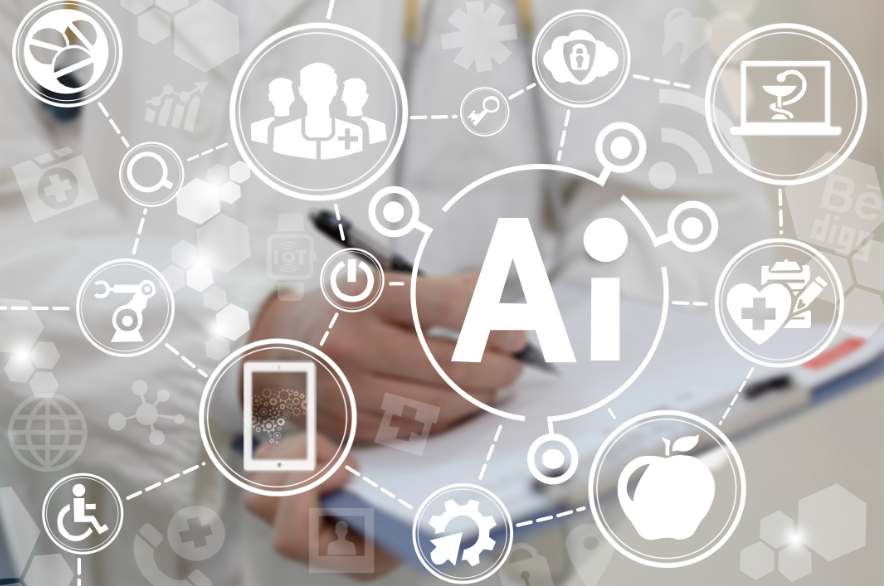

Artificial intelligence (AI) and machine learning (ML) are becoming more and more prevalent in our daily lives, but we often don’t realize it. These technologies simplify every aspect of computing, making it more efficient, accessible, and user-friendly.
The "Simplicity and Power" (SP) theory of intelligence proposed by Gerry and Wolf is a research project dedicated to the development of artificial intelligence. Rather than focusing on a single area of AI, such as reasoning or computer vision, SP theory aims to develop a framework applicable to multiple AI disciplines. By simplifying and integrating observations and concepts from personal intelligence, mainstream computing, mathematics, human learning, perception, and cognition, SP theory successfully creates a unified framework to express various kinds of knowledge and intelligence.
Artificial Intelligence-powered computers and deep learning systems are revolutionizing the way medical practitioners diagnose and treat patients. These technologies provide real-time insights into a patient's health, allowing for faster and more accurate diagnosis. By fusing machine learning and reasoning, AI systems can combine symbolic AI with symbolic AI to produce more powerful and efficient solutions.
The Function Mall is a catalog designed to meet the primary requirements for easy discovery and use of machine learning data and to make stable, high-quality data easily accessible. Feature Mall simplifies and secures the process of creating and managing features, combining feature management with a best-in-class data catalog. This evolution in AI data management enables data scientists to easily discover new capabilities, add new capabilities, and easily use them directly in machine learning applications, thereby enhancing the overall AI development process.
Artificial intelligence and machine learning are making our lives simpler in a variety of ways, from automating transportation to enhancing environmental policy decisions. In the financial services and insurance industries, artificial intelligence and machine learning can automate tasks, detect anomalies and monitor transaction requests. In healthcare, AI-powered robotic solutions can help older adults complete daily tasks and improve their overall well-being. AI-powered computers and deep learning systems can also help detect diseases and treat patients more accurately and effectively.
John McCarthy proposed the concept of artificial intelligence in 1956, which refers to the ability of machines to exhibit intelligent behavior. There are two types of AI: weak/narrow AI, in which computers perform a very complex set of tasks, and strong/general AI, in which computers are able to reason, plan, and think about educational experiences. Machine learning is a subset of artificial intelligence that creates a simplified model from a set of data that changes as new data is added and changes, improving predictive capabilities.
Artificial intelligence and machine learning technologies make computing simpler by automating processes, enhancing decision-making capabilities, and improving user experience. By understanding and harnessing the power of these technologies, we can live more productive, healthier, and happier lives.
The above is the detailed content of How can artificial intelligence make computing easier?. For more information, please follow other related articles on the PHP Chinese website!
 Application of artificial intelligence in life
Application of artificial intelligence in life
 What is the basic concept of artificial intelligence
What is the basic concept of artificial intelligence
 What is the format of the account name of steam
What is the format of the account name of steam
 Cloud server usage tutorial
Cloud server usage tutorial
 What is the role of kafka consumer group
What is the role of kafka consumer group
 if what does it mean
if what does it mean
 Is it difficult to learn Java by yourself?
Is it difficult to learn Java by yourself?
 How to turn off windows security center
How to turn off windows security center




